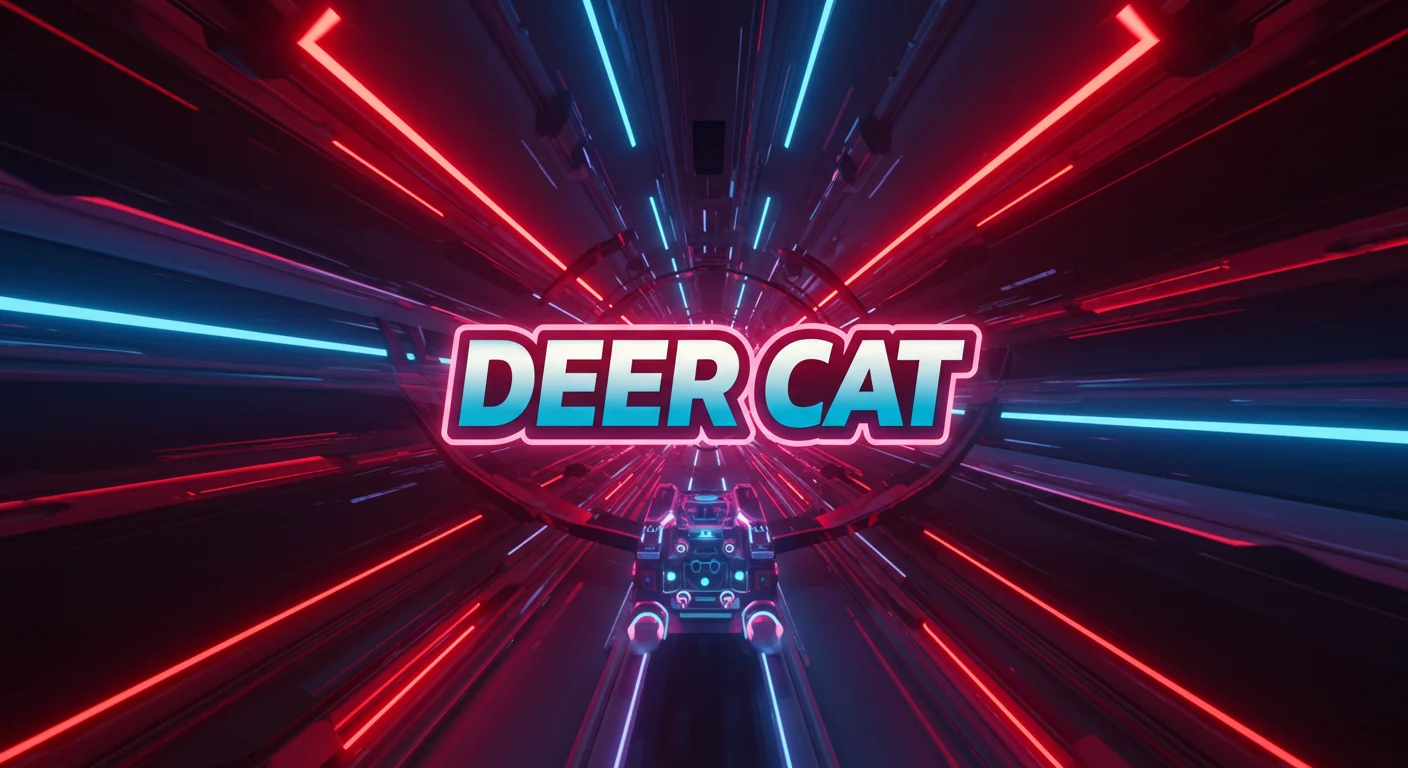Fullmetal Alchemist stands as a pinnacle of character development in anime, captivating audiences with its intricate storytelling and deeply nuanced characters. This beloved series has left an indelible mark on the manga and anime landscape, largely due to its masterful approach to character growth and evolution. In this article, we’ll delve into the rich tapestry of character arcs that make Fullmetal Alchemist a true masterpiece of the medium.
The Elric Brothers: A Journey of Growth and Redemption
At the heart of Fullmetal Alchemist lies the compelling journey of Edward and Alphonse Elric. These young alchemists embark on a quest to restore their bodies after a failed human transmutation attempt, setting the stage for remarkable character development throughout the series.
Edward Elric, the titular Fullmetal Alchemist, undergoes a profound transformation from a brash, impulsive youth to a more mature and empathetic individual. His journey is marked by moments of self-reflection and hard-earned wisdom, as he grapples with the consequences of his actions and the weight of his responsibilities.
Alphonse, trapped in a suit of armor, experiences a unique form of character growth. Despite his physical limitations, Al’s emotional journey is just as compelling as his brother’s. He struggles with questions of identity and humanity, ultimately emerging as a beacon of compassion and resilience.
Supporting Characters: Depth and Complexity
One of Fullmetal Alchemist’s greatest strengths lies in its rich cast of supporting characters, each with their own compelling arcs and development. These characters add depth to the world and provide foils for the main protagonists, enhancing the overall narrative.
Roy Mustang: From Ambition to Redemption
Colonel Roy Mustang’s character arc is a study in the complexities of ambition and duty. Initially presented as a calculating and ambitious military officer, Mustang’s development reveals layers of guilt, compassion, and a genuine desire for positive change. His journey from a man seeking power to one who recognizes the weight of leadership is both compelling and relatable.
Scar: The Path of Vengeance and Forgiveness
Scar’s transformation from a vengeful killer to a man seeking redemption is one of the most powerful character arcs in the series. His journey forces readers to confront complex themes of justice, forgiveness, and the cycle of violence. Scar’s development challenges our perceptions and adds significant depth to the narrative.
Villains and Antagonists: Complex Motivations
Fullmetal Alchemist excels in creating villains and antagonists who are more than mere obstacles for the heroes. These characters have depth, motivations, and their own forms of development that contribute to the richness of the story.
The Homunculi: Beyond Simple Evil
The Homunculi, artificial humans created by the main antagonist, are prime examples of complex villains. Each Homunculus represents a human sin and struggles with their nature and existence. Characters like Greed and Envy undergo significant development, challenging readers’ perceptions and blurring the lines between good and evil.
In Fullmetal Alchemist: Brotherhood, the exploration of the Homunculi’s origins and motivations adds layers to their characters, making them more than just formidable opponents. Their individual stories and conflicts contribute to the overarching themes of humanity and the consequences of playing god.
Themes and Character Growth
The character development in Fullmetal Alchemist is intricately tied to the series’ central themes, creating a cohesive and thought-provoking narrative.
Equivalent Exchange and Personal Growth
The alchemical principle of Equivalent Exchange serves as a metaphor for personal growth throughout the series. Characters learn that progress and development come at a cost, often through painful experiences and sacrifices. This theme is particularly evident in Edward’s journey, as he learns to accept his limitations and the value of human connections.
The Nature of Humanity
Fullmetal Alchemist explores what it means to be human through its diverse cast of characters. From Alphonse’s struggle with his physical form to the Homunculi’s quest for humanity, the series constantly challenges readers to consider the essence of human nature. This exploration drives significant character development, as individuals grapple with their identities and moral choices.
Comparing Character Development: 2003 Anime vs. Brotherhood
The two anime adaptations of Fullmetal Alchemist offer interesting contrasts in character development, each with its own strengths.
The 2003 anime, which diverges from the manga’s storyline, takes a darker and more psychological approach to character development. It delves deeper into the traumas and inner conflicts of characters like Edward and Roy Mustang, offering a more introspective journey.
Fullmetal Alchemist: Brotherhood, faithful to the manga, provides a more expansive view of character development. It allows for a broader exploration of the supporting cast and villains, creating a rich tapestry of interconnected character arcs that complement the main story.
Impact on Manga and Anime Culture
The character development in fullmetalalchemist.top has had a lasting impact on manga and anime culture. It has set a high standard for character writing in shonen series, demonstrating that action-packed stories can also feature deep, evolving characters.
The series’ approach to character growth has influenced numerous subsequent works, inspiring creators to craft more complex and nuanced characters. Fullmetal Alchemist’s success has shown that audiences appreciate and connect with characters who undergo meaningful development and face realistic challenges.
Lessons in Storytelling
Fullmetal Alchemist offers valuable lessons in effective character development for storytellers across mediums:
- Consistency in growth: Characters evolve logically based on their experiences and choices.
- Balancing the cast: While focusing on main characters, the series doesn’t neglect the development of its supporting cast.
- Tying development to themes: Character growth is intrinsically linked to the series’ central themes, creating a cohesive narrative.
- Complexity in antagonists: Villains are given depth and development, enhancing the overall story.
Fan Reception and Cultural Impact
The character development in Fullmetal Alchemist has resonated strongly with fans worldwide. The series has inspired countless discussions, fan theories, and creative works, testament to the depth and relatability of its characters.
Fans often cite the character arcs as a primary reason for their emotional connection to the series. The growth of characters like Edward, Alphonse, and Roy Mustang has made them iconic figures in anime and manga culture, frequently appearing in popularity polls and cosplay.
Conclusion
Fullmetal Alchemist stands as a shining example of masterful character development in manga and anime. Through its rich cast of evolving characters, the series explores complex themes and delivers a narrative that continues to captivate and inspire audiences. The depth of its character arcs, from the central Elric brothers to the nuanced supporting cast and villains, sets a high standard for storytelling in the medium.
As we reflect on the impact of Fullmetal Alchemist’s character development, we’re reminded of the power of well-crafted, evolving characters in storytelling. The series not only entertains but also challenges readers to consider their own growth and the nature of humanity.
We invite you to share your experiences with Fullmetal Alchemist’s character development. Which character arcs resonated with you the most? How has the series influenced your perspective on storytelling in manga and anime? Join the conversation and let’s celebrate the enduring legacy of this remarkable series.




























